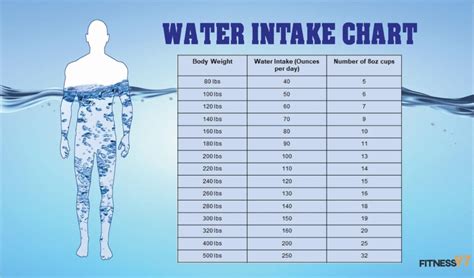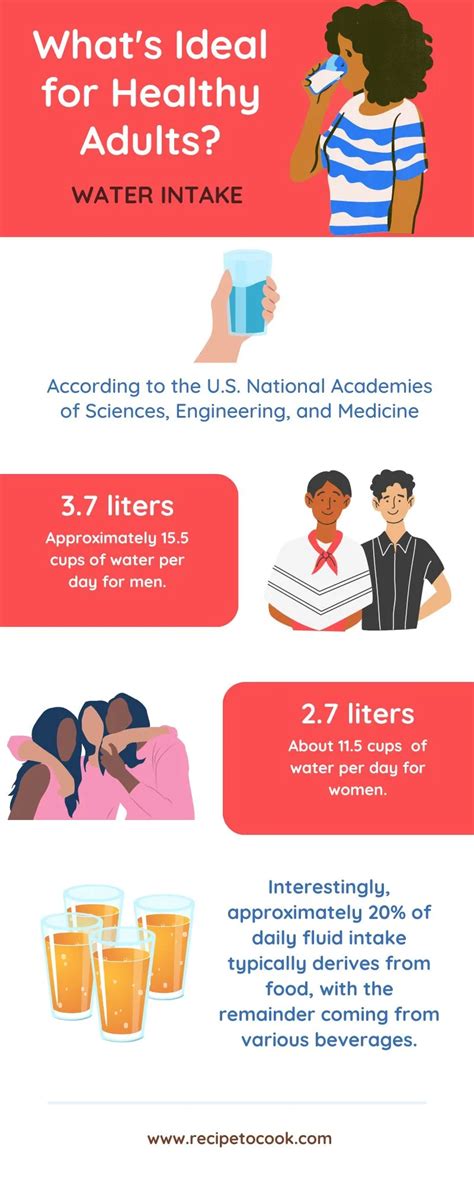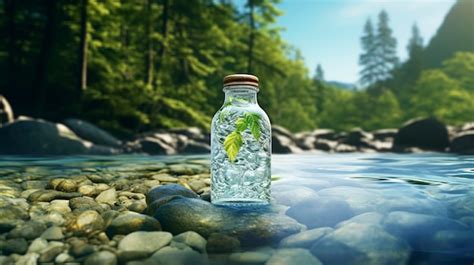What is the recommended daily intake of water for an adult, and why is it important for overall health?

The Essential Role of Water in Adult Health
Water is often called the ‘elixir of life,’ and for good reason. It constitutes approximately 60% of an adult’s body weight and is vital for virtually every bodily function. From regulating temperature to transporting nutrients, water plays an indispensable role in maintaining our health and well-being. Despite its critical importance, many adults do not consume enough water daily, potentially leading to a range of health issues.
How Much Water Should Adults Drink Daily?
The generally accepted recommendation for daily water intake for adults is often cited as the “8×8 rule” – eight 8-ounce glasses, which equates to about 2 liters or half a gallon. However, this is a broad guideline, and individual needs can vary significantly.
Factors influencing your specific water requirements include:
- Activity Level: Those who exercise intensely or for prolonged periods will need to drink more water to replace fluids lost through sweat.
- Climate: Living in hot, humid, or high-altitude environments increases fluid loss and necessitates higher water intake.
- Health Status: Conditions like fever, vomiting, diarrhea, or certain medical conditions (e.g., kidney stones, urinary tract infections) may require increased fluid consumption. Pregnancy and breastfeeding also increase water needs.
- Diet: A diet rich in water-dense foods like fruits and vegetables can contribute to your overall fluid intake.
It’s important to remember that all fluids count towards your daily intake, including those from foods, fruit juices, milk, and even caffeinated beverages (though these should not be your primary source of hydration). Listen to your body’s signals, primarily thirst, as a key indicator.

Why is Water Crucial for Your Health?
The importance of water extends to nearly every system in your body. Here’s why staying adequately hydrated is non-negotiable for overall health:
1. Regulates Body Temperature
Water helps maintain a normal body temperature by absorbing heat and releasing it through sweat. This cooling mechanism is essential, especially during physical activity or in warm environments.
2. Lubricates Joints and Protects Tissues
Water is a key component of synovial fluid, which lubricates joints, reducing friction and preventing wear and tear. It also protects the brain, spinal cord, and other sensitive tissues by acting as a shock absorber.
3. Aids Digestion and Nutrient Absorption
Water facilitates the breakdown of food and helps dissolve nutrients, making them accessible to the body. It also softens stool, preventing constipation and ensuring smooth bowel movements.
4. Boosts Energy and Brain Function
Even mild dehydration can impair cognitive function, leading to decreased concentration, reduced alertness, and mood changes. Adequate hydration ensures optimal brain function and sustained energy levels.
5. Flushes Out Toxins
Through urine and sweat, water helps the kidneys filter waste products and toxins from the body, preventing their accumulation and supporting organ health.
6. Supports Skin Health
Hydrated skin appears plumper, more elastic, and generally healthier. Water helps deliver essential nutrients to skin cells and removes waste, contributing to a vibrant complexion.

Recognizing Dehydration: Signs and Symptoms
Being aware of the signs of dehydration can help you address it promptly. Common symptoms include:
- Increased thirst and dry mouth
- Fatigue and lethargy
- Dark-colored urine and decreased urine output
- Headaches and dizziness
- Muscle cramps
- Dry skin and lips
Severe dehydration is a medical emergency and requires immediate attention.

Practical Tips for Staying Adequately Hydrated
Incorporating more water into your daily routine doesn’t have to be a chore. Here are some simple tips:
- Carry a Reusable Water Bottle: Keep it with you throughout the day as a constant reminder to drink.
- Set Reminders: Use apps or alarms on your phone to prompt you to drink water regularly.
- Drink Before Meals: A glass of water before each meal can also aid digestion and satiety.
- Flavor Your Water: Add slices of fruit (lemon, cucumber, berries) or herbs (mint) to make water more appealing.
- Eat Water-Rich Foods: Incorporate more fruits and vegetables like watermelon, oranges, spinach, and cucumbers into your diet.
- Drink Water Around Exercise: Hydrate before, during, and after physical activity.

Conclusion
Water is fundamental to good health, acting as the foundation for countless bodily processes. While individual needs vary, aiming for at least 2 liters (roughly eight 8-ounce glasses) of water daily is an excellent starting point for most adults. Prioritizing consistent hydration supports everything from your energy levels and cognitive function to physical performance and disease prevention. Make drinking enough water a conscious part of your daily health regimen – your body will thank you.










